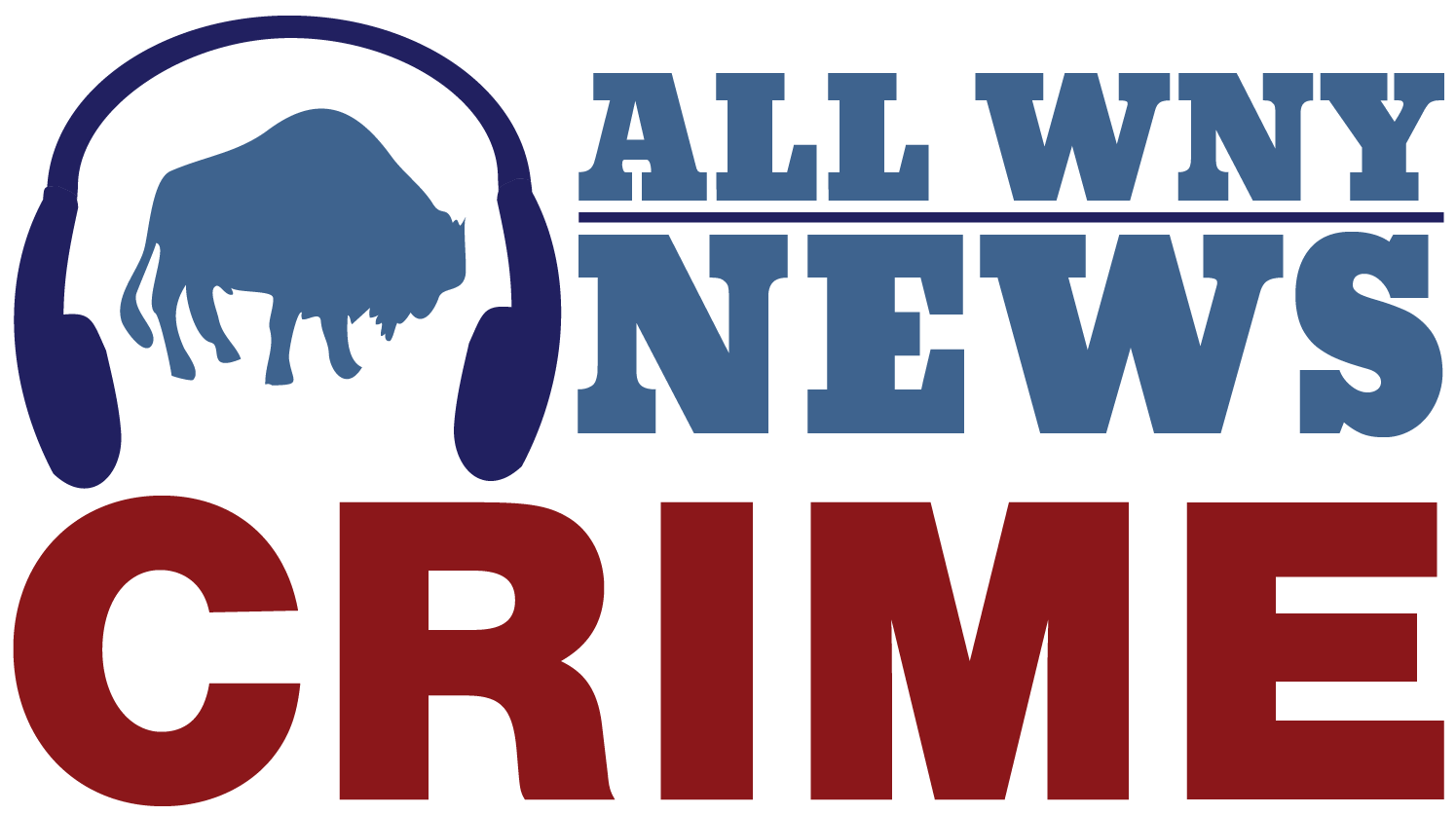ROCHESTER — Dr. Xingjia Cui, 52, of Pittsford, was arrested and charged by criminal complaint with health care fraud, money laundering and tax fraud. The charges carry a maximum sentence of 20 years in prison and a fine of $500,000.

Prosecutors say the defendant is employed full-time by the Canandaigua Veterans Administration Medical Center and maintains a private practice in Canandaigua.
According to the complaint, the investigation began when the FBI was advised by the Ontario County Sheriff’s Office of a suspicious jailhouse telephone conversation regarding Dr. Cui and his drug prescribing habits. During the call, an inmate stated that the defendant prescribed controlled substances to area drug users without medical examinations.
An analysis of billing records from multiple private health insurance companies showed that Dr. Cui claimed to be spending from 10 to 17 hours per weekend day providing individual therapy sessions through his private medical practice. However, video surveillance on multiple days over several months, showed multiple people visiting the defendant’s private practice on evenings and weekends but a vast majority stayed very briefly, and not long enough for Dr. Cui to provide basic medical services which is needed to support the matters being billed.
Subsequently, an undercover FBI agent posed as a patient on five occasions with Dr. Cui. The undercover agent paid cash at each visit, with the first visit costing $300 and the following visits costing $100. The first visit lasted approximately 23 minutes with the defendant asking the undercover agent several questions including family history and drug use but at no point did Dr. Cui conduct a physical examination or request a urine toxicology. The other four visits lasted between five and nine minutes.
The records of 30 of Dr. Cui’s patients with health insurance were obtained and a thorough review determined that, in the majority of instances, the defendant improperly billed the health care benefit programs for services that he did not provide.
For example, Sample Patient 1 (“SP1”), with insurance through Excellus, was seen by Dr. Cui between December 2014 and November 2015 for a total of 29 appointments. SP1 was interviewed by law enforcement officers and stated that his initial appointment with the defendant lasted approximately 20 minutes, but each subsequent appointment with Dr. Cui lasted less than five minutes. In addition, SP1 stated that he could not recall Dr. Cui performing a physical examination or taking a medical history, and that his appointments only consisted of Dr. Cui asking him if the medication was working. SP1 stated that the appointments were basically to pick up his prescription, and that no counseling or therapy was provided. SP1 indicated that he did not have a co-payment associated with his treatments, but that after five or six appointments, Dr. Cui informed him because he (Dr. Cui) was a smaller medical provider, he was “picked on” by the insurance companies, and would now have to charge SP1 $60 for his appointments. SP1 was not aware if Dr. Cui continued to bill Excellus for his appointments after he started paying Dr. Cui $60.00 cash for the visits. Based on a review of the records submitted by Dr. Cui to Excellus, it is alleged that the defendant defrauded the health insurance program by improperly billing for services he did not render, and by double billing the patient and the health insurance program for the same services.
The investigation determined that approximately 61% of Dr. Cui’s claims reimbursed by Excellus were fraudulent, totaling approximately $198,820.38. According to the complaint, Dr. Cui deposited the health care fraud proceeds into multiple personal accounts at Chase Bank and then transferred some of this money into a TD Ameritrade account. In addition, payments from other health insurance providers and large amounts of cash were also deposited, much of which likely pertains to co-payments or the full cost of an office visit paid out-of-pocket in cash by patients. This cash was not deposited along with checks into the Chase account as one would typically expect for a medical doctor’s private practice. Instead, the cash was deposited typically in $5,000 or $10,000 increments at a time.
Interviews were conducted with Chase Bank employees who were familiar with Dr. Cui. One employee recalled on one occasion Dr. Cui deposited exactly $10,000. The employee believed this was an attempt to avoid the currency reporting requirements. The employee recalled that Dr. Cui would come in week after week with large amounts of cash, mostly in $20 bills.
From approximately May 6, 2011, to March 30, 2015, Dr. Cui knowingly and willfully prepared, signed, and submitted false forms for the tax years 2010 to 2014. The defendant failed to report at least $381,447 of known income from his medical practice.
The defendant made an initial appearance this morning before U.S. Magistrate Judge Jonathan W. Feldman and was released. Dr. Cui is due back in court on May 24.
